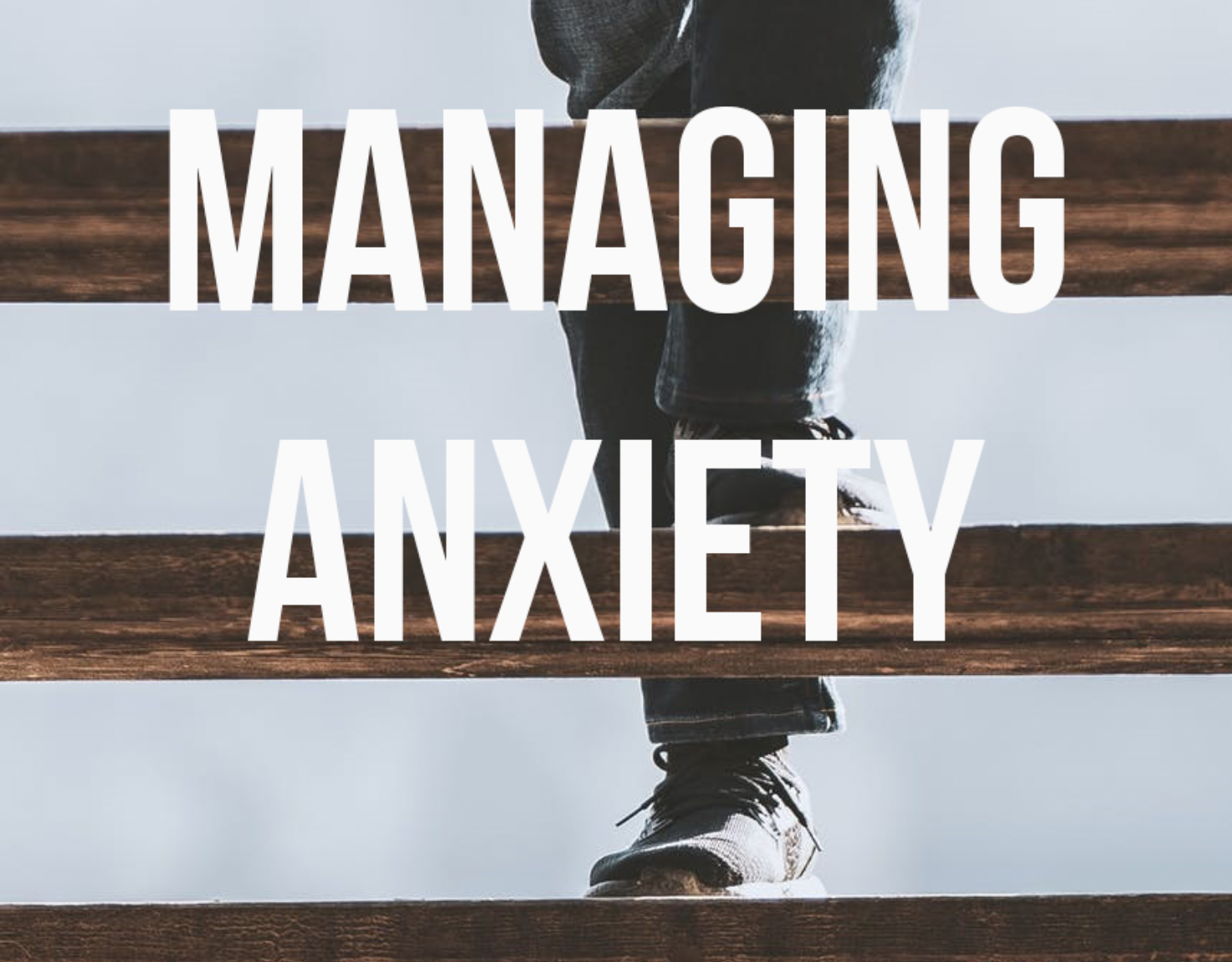If you are a parent who helped your student settle into their college dorm room this past August, these last few months you’ve likely experienced your home to be slightly quieter, your laundry a bit lighter, and family meals somewhat smaller. 8-10 weeks ago, college students returned to campus, filling dorms, classrooms, and dining halls, bringing life back to many colleges that were online or hybrid this past year due to Covid 19. This fall is the first time back since March 2020 for some of these students. Returning to campus or going for the first time as a freshman can be an exciting experience, but like any transition, it can also bring on a certain degree of stress for these young adults.
I have been through at least 7 college drop offs myself (I hadn’t counted them out before!), only to return home with an empty vehicle (previously packed to the max) and a mind full of ideas on how to support my child in having a successful semester. As the years have passed and I see only one more Fall drop off in my future, I have collected some insights as both a mom and licensed professional counselor to help parents support their college students this Fall. It’s not too late to have a successful semester!
To start, it is helpful to understand what kinds of stress our kids are up against. Typical stressors for college students can vary and this year poses additional challenges with Covid 19 still very much present. As the weeks pass, assignments begin to build up, due dates begin to loom, and tests and papers are inevitable. For some, time management may become an issue and bring about anxiety related to balancing heavy workloads and the social scene on campus. Football games, tailgates, and parties can dominate a weekend. Some students, looking to join Greek life, were also participating in Fall Rush several weeks ago, which can add an additional layer of stress to time management struggles.
Meeting new people, whether through the Rush process, dorm life, clubs, sports, or in class, can bring about a certain level of anxiety for most students. This year, reconnecting with friends after a long Covid break means remembering how to socialize again, dressing up in clothes that aren’t sleepwear, and being seen in person after a year or so of virtual classes and activities. For some students, body image concerns may increase because of weight or body changes that they’ve experienced during the pandemic.
Finally, general concerns about staying healthy and keeping up with Covid protocols can also be stressful. Many campuses are testing students regularly, some multiple times a week. Students must find time to fit testing requirements in and live with the prospect that a positive test result may mean living in designated isolation. These are just some of the more collective stress factors for college students this fall, but each student is unique and may have their own stressful circumstances. Understanding what your child may be challenged with will help guide your support. Each semester is a learning experience for both you and your young adult. Being aware of possible sources of stress helps you and your student navigate the weeks ahead.
Here are eight suggestions to keep in mind as you support your student in having, hopefully, some of the best days of their lives!
COMMUNICATION: If you haven’t already, establish a regular, predictable time to connect each week. (A FaceTime call on Sundays, a phone call mid-week, etc.) This allows for the space your student needs to thrive with an anchor from home base.
ENCOURAGE your student to talk to their professors at the EARLIEST sign of trouble in the class. (This may mean sending an email to schedule office time, or a quick conversation after class) It’s now midterm exam time for many students. It is critical to get support for the remainder of the semester if things aren’t going well. It’s not too late!
ACADEMIC SERVICES: Be familiar and ready with knowledge of services from the academic center, like tutoring, writing assistance, and time management coaching so that you can suggest these resources to you student if needed. Provide your student with the necessary first steps if they seem hesitant but in need of support.
SELF CARE: Inquire about their self-care now and then. Are they eating healthy, getting physical activity, feeling well, getting sleep, managing anxiety and stress?
MENTAL HEALTH SERVICES: Be familiar with Mental Health Services on campus. Is there a counseling center on campus? How does a student make an appointment? Is there 24/7 support? What kind of counseling is offered and is substance abuse counseling available? Is telehealth offered? What will your insurance cover? Knowing what is available allows you to be supportive in the event your student is struggling emotionally or potentially heading that way. Don’t wait for a crisis to do your research.
LISTEN: Are they building their friend squad? Are they getting involved on campus? Are they protecting their study time each week?
PARENT INTUITION: Pay attention to your own intuition. You know your young adult best. Don’t be reluctant to ask questions.
CARE PACKAGES: I saved my favorite for last! COLLEGE STUDENTS LOVE PACKAGES WITH FOOD AND ITEMS THAT CONNECT THEM TO HOME.
College is an exciting transition time for young adults. This fall brings about some additional challenges to the normal stress that college students face each year. Keeping these suggestions in mind as you support your student through the approaching months will help you navigate any challenges that may surface and help ensure a successful campus experience.
It's not too late!



